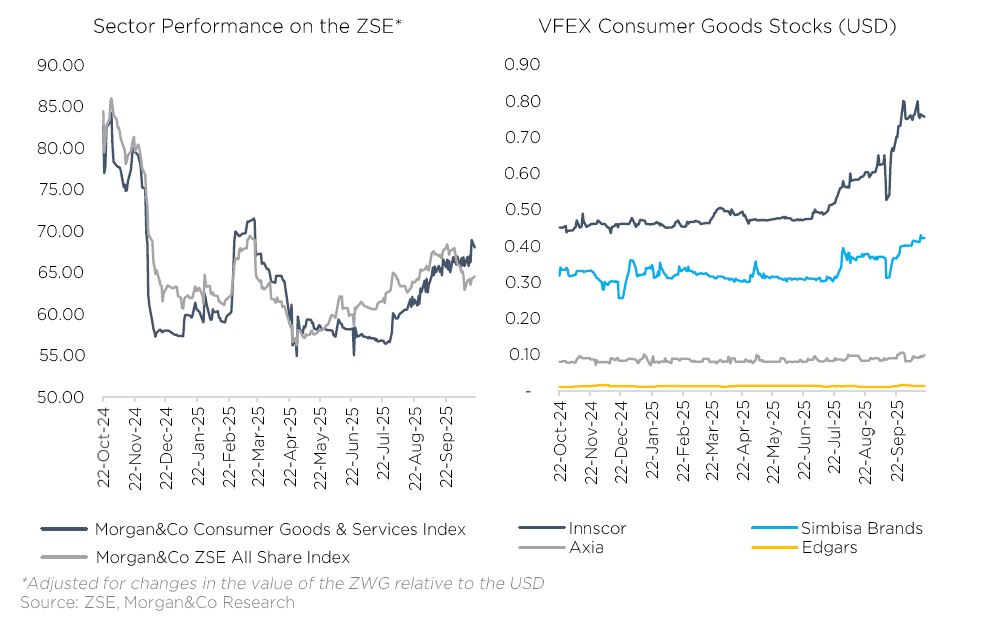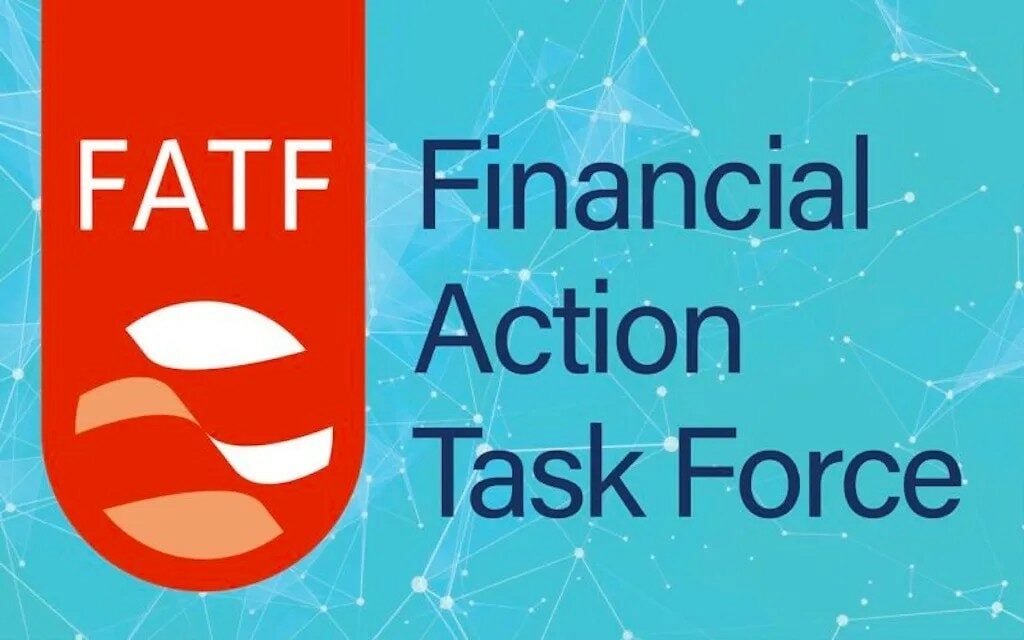Copyright FreightWaves

“Remember the cost per mile decreases with every additional mile a truck runs, because you can dilute your overhead and fixed costs,” Meiborg added. “These illegal operators are running around at a cost of $1.80 per mile, while the compliant fleets are operating in the $2.30 per mile range. What this translates to: the compliant fleets are losing $1,000 per month per truck and the noncompliant fleets are making $2,000 per truck per month. It’s not sustainable if we want to have compliant fleets on the road.” Those cost differences are reshaping which carriers win freight — and which close. “Good, legacy fleets — 40-year companies — are shutting down,” Meiborg said. “Meanwhile, the fleets running illegal logs are expanding.” For Dave Moss, a 40-year trucking industry safety veteran, the issue became personal. “At my last company, logs were being edited overseas. They were shaving time so drivers could keep running,” Moss told FreightWaves. “When I raised it, management said, ‘We have to do this to make money.’ That’s when I resigned.” Audit reports from the company’s own ELD software showed what was happening, Moss said. “If we had a crash — even if it wasn’t our fault — a plaintiff’s attorney would find those edits, and the company would be done. I wasn’t going to be the safety director who signed off on that,” Moss said. “This is a management problem. Drivers do what they’re allowed to do. Safety starts at the top.” The economic squeeze: “There’s nowhere left to cut” Joshua Kreyer, operating manager at carrier Silver Arrow Express, said the dynamic is fundamentally economic: the rise of fleets running illegal logs has pushed freight rates down so far that compliant carriers have almost no margin left. Rockford, Illinois-based Silver Arrow Express is a trucking company with 92 power units and 84 drivers. The carrier is part of the Meiborg Cos. “At least 30% of trucks on the road are running non-compliant,” Kreyer said. “When those carriers cut their rates, everyone else has to figure out how to make that money up.” Margins that once sat near 28% to 29% for small and mid-sized fleets now sit around 8% to 9%, he said. “There’s nowhere left to cut costs. The only difference between a profitable truck and a losing truck right now is whether you’re using a non-compliant ELD,” Kreyer said. Kreyer also described how ELD jailbreaks and work-arounds remain accessible. “Years ago, I reached out to an ELD manufacturer and asked for the jail-broke version. It cost $500 a truck. Drivers could fully edit their logs,” he said. “If it happened to me, how many others have done it?” According to statistics from the FMCSA and industry sources, the number of commercial trucks (heavy and light/duty) in the U.S. is over 13.5 million trucks with gross vehicle weight over 10,000-pounds. Not every truck driver is required to use an ELD, but most drivers who operate under the FMCSA hours–of–service rules are. As of Oct. 17, FMCSA lists 1,133 registered ELD devices currently approved for use by U.S. motor carriers. So far in 2025, FMCSA has revoked a total of 24 ELDs, the highest annual number since full enforcement began in 2018. Carriers have up to 60 days to replace a revoked ELD with a compliant ELD. Meiborg said ELDs that have been revoked by the FMCSA usually aren’t out of business for long. “When [FMCSA] comes in and shuts down these noncompliant logbooks … What happens is the companies that create those logbooks, they literally just copy and paste the code and go create a new E-log book with a different name, and they’re right back up and operating,” Meiborg said. Proposed solutions: certification and rule reform The three industry veterans offered clear recommendations: Require third-party testing and certification of ELD systems before approval. Audit metadata (ECM data, toll timestamps, GPS, fuel logs) to detect manipulation. Standardize enforcement across states and eliminate reliance on regional discretion. Reevaluate the HOS framework, especially the 14-hour continuous on-duty clock. Meiborg supports revising HOS rules entirely. “A 14-on, 10-off model would remove the incentive to cheat,” Meiborg said. “Right now, the rules themselves are what make cheating profitable.” Kreyer proposed forming a cross-industry oversight committee — separate from FMCSA — to review and recommend compliance standards. “There needs to be an independent party or an independent organization,” Kreyer said. “It needs to be a group, a committee of safety analysts, a committee of large trucking company owners, and a committee of small companies. There needs to be a vote that way.” Moss added that enforcing responsibility should occur at the ownership level, not only drivers. “Until cheating carries real consequences for management, this will continue,” he said. Meiborg believes the stakes extend beyond market fairness. “If compliant fleets disappear, what we’re left with are carriers that don’t follow the law — or automated trucking systems meant to replace drivers entirely,” Meiborg said. “This is one of the most important sectors in the U.S. economy. And we are letting it be hollowed out.”



